Water is often overlooked in the quest for weight loss, yet it plays a crucial role in the body’s ability to shed pounds. Understanding how water aids in weight loss can provide a powerful tool for those looking to improve their health and reach their weight loss goals. In this article, we’ll explore the various ways that how water aids in weight loss, from boosting metabolism to aiding digestion, controlling appetite, and more.
1. Boosts Metabolism
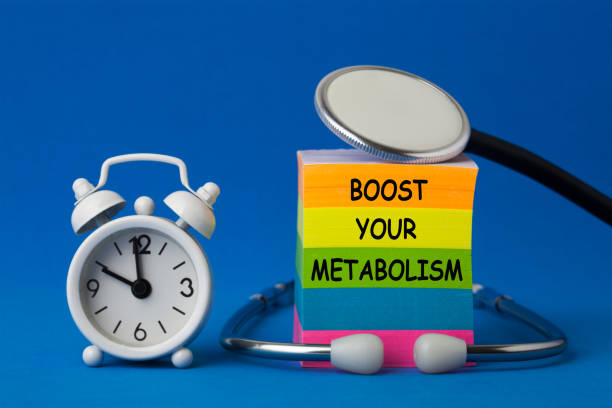
Water is essential for maintaining a healthy metabolism, which is the process by which your body converts what you eat and drink into energy. A well-functioning metabolism is crucial for weight loss, as it determines how quickly your body burns calories.
When you drink water, especially cold water, your body needs to expend energy to warm it up to body temperature. This process, known as thermogenesis, temporarily increases your metabolic rate. Studies have shown that drinking 500 ml of water can increase metabolic rate by 30% for about 30 to 40 minutes. This means that staying hydrated can help you burn more calories throughout the day, even when you’re not exercising.
2. Reduces Caloric Intake
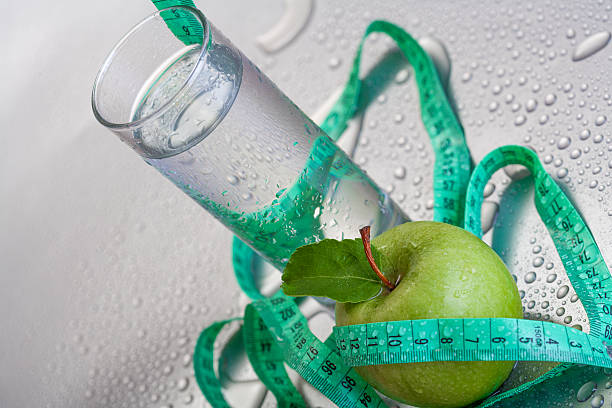
Water is a natural appetite suppressant. Drinking a glass of water before meals can help you feel fuller, which can reduce the amount of food you eat. This is particularly useful for those who struggle with portion control or overeating.
A study published in the journal Obesity found that participants who drank 500 ml of water before each meal lost 44% more weight over 12 weeks compared to those who didn’t. This effect is likely due to the fact that water takes up space in the stomach, leading to a feeling of fullness and reducing the likelihood of consuming extra calories.
3. Supports Healthy Digestion

Proper hydration is essential for digestion and the absorption of nutrients. Water helps break down food so that your body can absorb the nutrients it needs. It also helps soften stool, preventing constipation, which can contribute to weight gain and bloating.
Inadequate water intake can lead to sluggish digestion, which may cause the body to store more fat rather than burn it. By drinking enough water, you ensure that your digestive system operates efficiently, which supports overall health and weight management.
4. Aids in Detoxification

Water is a key component in the body’s natural detoxification processes. The kidneys, liver, and other organs rely on water to flush out toxins and waste products. When you’re dehydrated, these organs can’t function properly, leading to the buildup of toxins that can contribute to weight gain.
Drinking water helps your kidneys filter waste from the blood while retaining the essential nutrients your body needs. By staying hydrated, you’re supporting your body’s ability to cleanse itself, which can help you maintain a healthy weight.
5. Improves Exercise Performance

Water plays a critical role in exercise performance, which is a vital component of any weight loss plan. Dehydration can lead to fatigue, muscle cramps, and decreased coordination, all of which can hinder your ability to work out effectively.
When you’re properly hydrated, your muscles work more efficiently, and you’re able to exercise longer and more intensely. This increased physical activity translates to more calories burned and, ultimately, more weight lost. Additionally, drinking water during exercise helps regulate body temperature and prevents overheating, ensuring that you can push yourself without risking dehydration.
6. Promotes Fat Burning
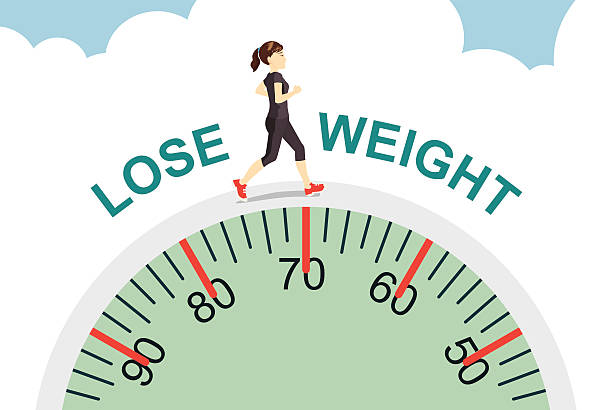
Fat metabolism is a process that requires water. The body needs water to metabolize stored fat and carbohydrates. The process of lipolysis, in which fat molecules are broken down, involves hydrolysis, where water molecules interact with fats to create glycerol and fatty acids. Without sufficient water intake, this process slows down, making it harder for your body to burn fat.
By staying hydrated, you’re helping your body burn fat more efficiently, which is essential for weight loss. Moreover, water helps remove by-products of fat metabolism, such as carbon dioxide and urea, through urination and respiration, further supporting fat loss.
7. Reduces Liquid Calorie Intake
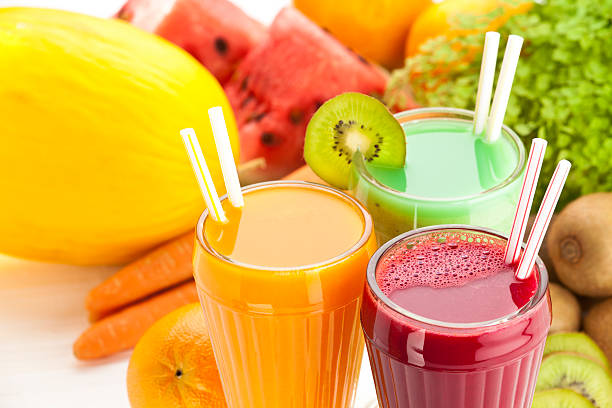
One of the less obvious ways that water aids in weight loss is by reducing the consumption of high-calorie, sugary beverages. Soft drinks, energy drinks, and even fruit juices can add a significant amount of empty calories to your diet without providing any nutritional benefit.
By replacing these drinks with water, you can dramatically reduce your calorie intake. For instance, a single 12-ounce can of soda contains about 150 calories, while a glass of water has zero. Over time, these small changes can add up, leading to substantial weight loss.
8. Helps Control Cravings

Sometimes, what feels like hunger is actually thirst. The body’s signals for hunger and thirst can be easily confused, leading to unnecessary snacking. Drinking water when you feel a craving coming on can help you determine if you’re truly hungry or just thirsty.
Water can help curb cravings, especially for unhealthy snacks, by keeping your stomach full and reducing the urge to eat out of boredom or dehydration. This simple habit can be a powerful tool in your weight loss journey.
Read More: https://thetopteninfo.com/2024/08/02/nutritious-snacks-to-curb-cravings/
9. Supports Overall Health
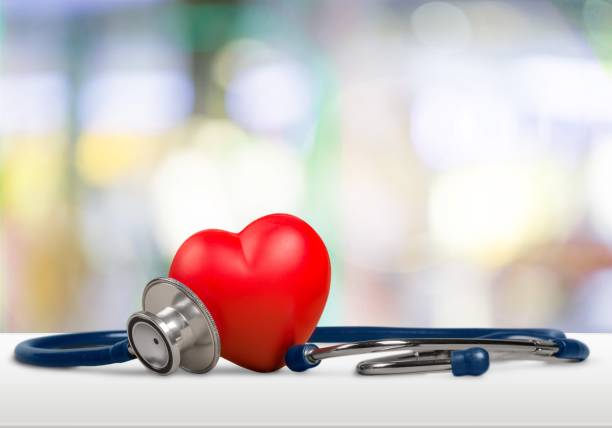
Beyond its direct effects on weight loss, staying hydrated is essential for overall health, which indirectly supports weight management. It helps regulate body temperature, lubricate joints, protect your spinal cord, and maintain electrolyte balance.
When your body is functioning optimally, you’re more likely to feel energized and motivated to stick to your weight loss plan, including exercising regularly and eating a balanced diet. Conversely, dehydration can lead to headaches, fatigue, and mood swings, all of which can derail your weight loss efforts.
10. Helps Maintain Muscle Mass
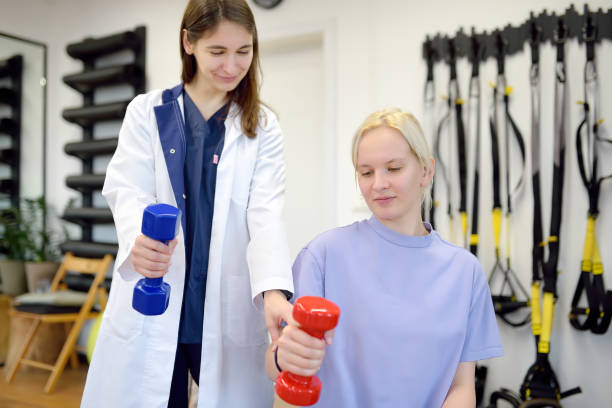
Muscle tissue contains a high percentage of water, and staying hydrated helps maintain muscle mass, especially when you’re losing weight. Muscle burns more calories than fat, even at rest, so preserving muscle mass is key to sustaining weight loss.
When you’re dehydrated, your body may break down muscle tissue for energy, which can slow your metabolism and make it harder to lose weight. Drinking enough water helps prevent muscle loss and supports your body’s ability to burn fat efficiently.
Conclusion
Water is more than just a basic necessity; it’s a powerful tool for weight loss. By boosting metabolism, reducing calorie intake, aiding digestion, and supporting overall health, water plays a vital role in helping you achieve and maintain a healthy weight. Incorporating more water into your daily routine is a simple yet effective way to enhance your weight loss efforts. Whether you’re just starting your journey or looking to break through a plateau, making water a central part of your weight loss strategy can lead to lasting success.
Frequently Asked Questions (FAQ) About How Water Aids in Weight Loss
1. How much water should I drink daily to support weight loss?
The recommended daily water intake varies depending on factors like age, gender, activity level, and climate. However, a general guideline is to drink at least 8 glasses (about 2 liters) of water per day. According to some experts, you should consume half your body weight in ounces of water each day. For example, if you weigh 150 pounds, aim to drink 75 ounces of water per day.
2. Can drinking too much water be harmful?
Yes, drinking excessive amounts of water in a short period can lead to a condition called water intoxication or hyponatremia, where the balance of electrolytes in your body is disrupted. This is rare but can be serious. It’s important to listen to your body’s thirst cues and not force yourself to drink excessive amounts of water.
3. Does the temperature of water matter for weight loss?
Drinking cold water can temporarily boost your metabolism as your body expends energy to warm it up, a process known as thermogenesis. However, the difference is small, and both cold and room-temperature water will help keep you hydrated and support weight loss.
4. Can drinking water alone help me lose weight?
While drinking water can support weight loss, it should be part of a comprehensive weight loss plan that includes a balanced diet and regular exercise. Water alone won’t cause significant weight loss, but it can enhance the effects of your other weight loss efforts.
5. Is it better to drink water before, during, or after meals?
Drinking water before meals can help you feel fuller and may reduce the amount of food you eat, which can aid in weight loss. Water consumption throughout meals might also aid with digestion. There’s no strict rule, so it’s best to find what works best for you and ensure you stay hydrated throughout the day.





